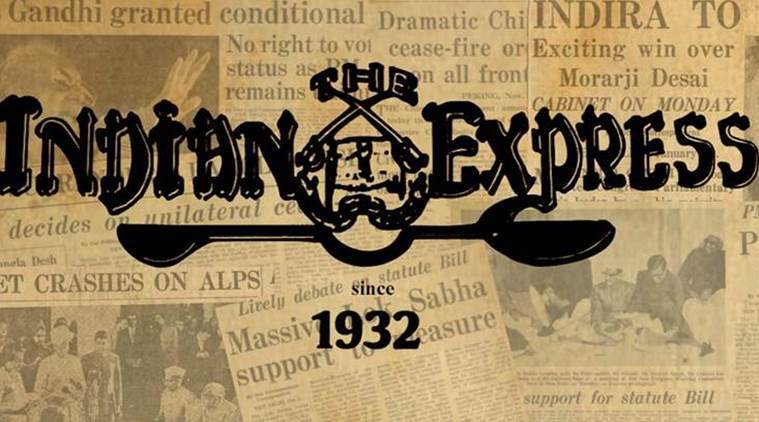Get to work, please
If Delhi’s bureaucrats look partisan, they have themselves to blame. They can fix that

Delhi’s bureaucracy has much at stake. Its institutional integrity is on the block, and so is its good work as part of the state machinery, also in the tenure of the Kejriwal government.
Since Monday last, the arresting spectacle of the sit-in protest in a Raj Nivas waiting room by Delhi Chief Minister Arvind Kejriwal and three of his senior-most ministers, two of whom had to be shifted to hospital, has framed multiple crises. In no particular order: The terrible breakdown of a working relationship between the elected government and Lieutenant Governor. The long-festering debate on Delhi’s statehood, waiting to be joined more fully on a calmer day. The dysfunctional antagonism between political opponents, AAP and BJP, which has infected institutions of the state and, more unforgivably, the Centre. The vaudeville show that is so often the AAP’s politics, starring dharnas, on sofas and elsewhere. The bruising, in letter and spirit, of the BJP’s slogan and promise of “cooperative federalism”, which Chief Ministers Mamata Banerjee, Pinarayi Vijayan, HD Kumaraswamy and Chandrababu Naidu have done well to draw the Prime Minister’s attention to, and which he and the Centre would do well not to dismiss as mere pre-2019 theatre. And caught in the BJP vs AAP crossfire, the bureaucracy, on strike, by another name. That last crisis merits closer attention, more outrage.
In fact, it is even incorrect to characterise Delhi’s officialdom as hapless, caught in-the-middle, and to accept the officers’ claim to victimhood. In an unprecedented press conference, they sought to draw a distinction between “statutory” meetings that they attend and the “routine” meetings that they don’t. They skip only those meetings, they said, in which they felt their “safety” and “self-respect” were at risk. The reference was obviously to the alleged assault of the Chief Secretary by AAP members at a midnight meeting in February at the Chief Minister’s residence. It is quite clear, however, that Delhi bureaucrats’ non-cooperation with an elected government has to do with more than just that criminal case, in which, notably, due process is on, and both Chief Minister Kejriwal and his deputy, Manish Sisodia, have been questioned. On show in Delhi is a bureacracy that seems to have plunged into the fray, and is seen to be taking political sides — a grave abdication of its role and responsibility to be the faceless steel frame. In these times of polarised politics, if the unfortunate impression is gaining ground that Delhi’s bureaucracy has shed its political neutrality, it must take full responsibility. It won’t do to whinge or pass the blame to the political actors or the mess they have created.
Delhi’s bureaucracy has much at stake. Its institutional integrity is on the block, and so is its good work as part of the state machinery, also in the tenure of the Kejriwal government. After all, the government’s remarkable strides in health and education could not have been possible without its officers. Delhi’s bureaucrats need to get back to work, to recommit themselves to due process and to abide by it, regardless of any political turbulence.
For all the latest Opinion News, download Indian Express App






































No hay comentarios:
Publicar un comentario